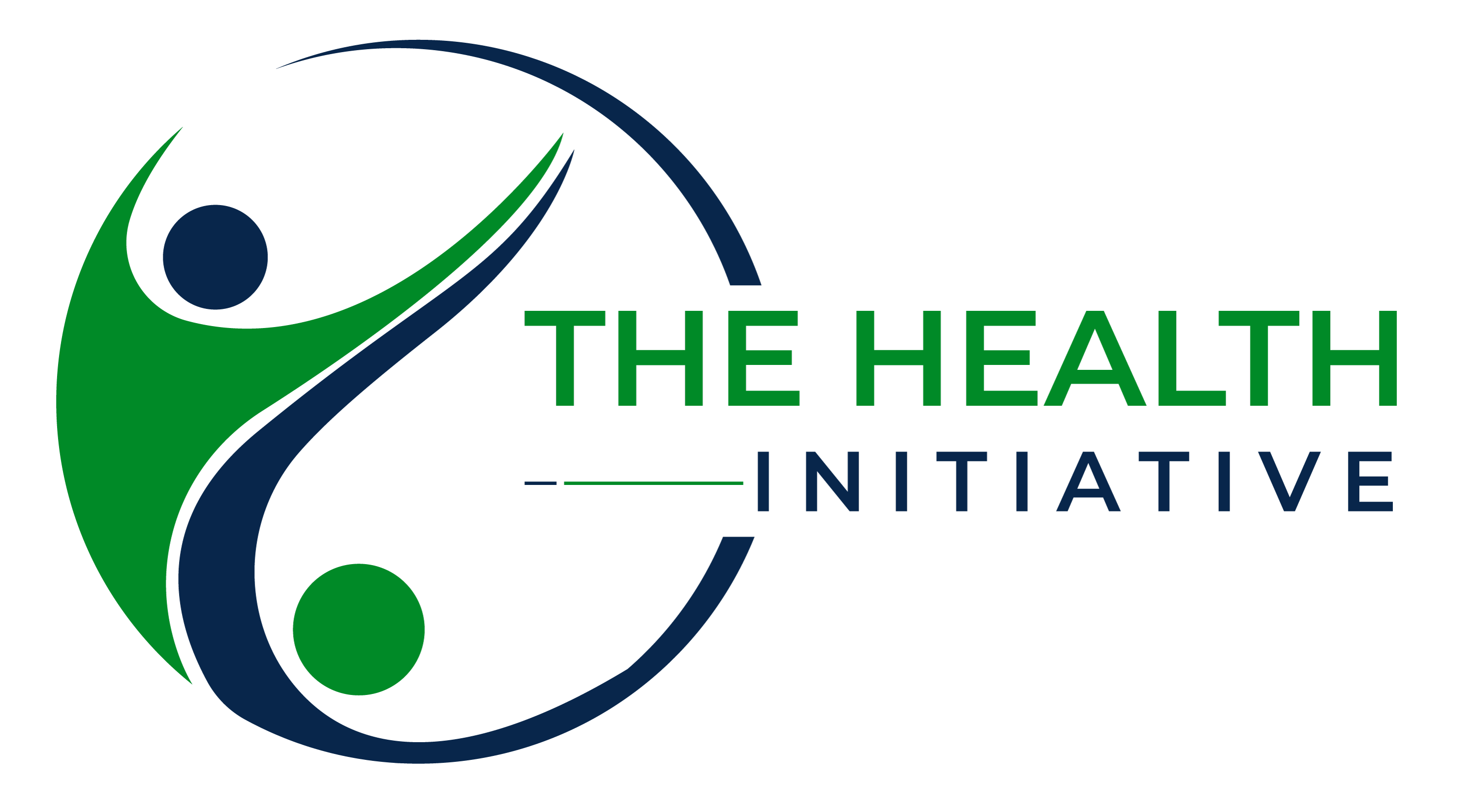- Home
- Our Work
- Sustainability
Sustainability in the Supply Chain
Prevent:
Sustainability requirements are enshrined in contracts and specifications, particularly the Code of Conduct for Business Partners. Suppliers are trained and awareness for sustainability is raised. You can find information on training options for suppliers at the ONE.Konzern Business Platform.
Detect:
Sustainability risks in the supply chain are systematically analysed and prioritized. Sustainability is anchored in the material contract award decisions across the Group and a rating of potential suppliers’ sustainability performance (S-Rating) is used. The basis for this is a self-assessment tool and on-site checks conducted on a risk-based approach. You can find further details on the S-Rating at the ONE.Konzern Business Platform.
React:
Various measures are available to react to the risks and impacts identified. These include a standardized internal process to review breaches by individual suppliers and action plans from on-site checks. The key objective is to rectify and prevent breaches and to actively and effectively improve suppliers’ sustainability performance.
Particular requirements of human rights due diligence
As part of our sustainable supplier management measures, we pay particular attention to protecting those groups of people who, along our supply chain, are at particularly high risk of human rights abuses. In this context, we are guided by the implementation of processes of due diligence with regard to human rights, as required in the UN Guiding Principles on Business and Human Rights and the OECD Guidelines for Multinational Enterprises. Due diligence in this sense means most importantly a process of continuous risk identification and the establishment of prevention and mitigation measures.
In line with the requirements of a risk-based approach, we concentrate our measures on the supply chains that are associated with particularly high risks for negative impacts according to our analyses. These particularly include our raw materials supply chains. The way we organize the responsible sourcing of raw materials is driven by the requirements of the OECD Due Diligence Guidance for Responsible Supply Chains of Minerals from Conflict-Affected and High-Risk Areas. This contains guidelines for management approaches, for risk identification and prevention, for checking smelters and for communication and reporting instruments.
Decarbonisation
The Volkswagen Group understands the urgency of climate change and has therefore committed to the contribution to achieving the goals set in the Paris Agreement. In order to reach these goals, the Volkswagen Group pursues the objective of continuously avoiding or reducing greenhouse gas emissions over the entire life cycle of a vehicle. Concerning the life cycle, we need to distinguish between the three phases supply chain, production and use phase of a vehicle. In procurement, we focus on the reduction of emissions in the supply chain. Greater importance is increasingly attached to the supply chain, because the switch to electric mobility shifts emissions away from the use phase towards production and the supply chain.
In order to encourage measures for reducing greenhouse gas among suppliers, we identify the greatest sources of emissions along the supply chain on the basis of our vehicles’ life cycle assessment data. Building on a hotspot analysis, joint roadmaps were developed in numerous workshops with suppliers from relevant industries in order to coordinate and pursue objectives and measures for CO2 reduction.
The biggest driver of emissions in the supply chain for electric mobility is the HV battery cell. We have therefore made the use of renewable energies for the production of our HV battery cells a contractual requirement. Together with our strategic HV battery cell suppliers, we work on reducing CO2 emissions in their production as well as in sub-components.
Due to the energy-intense production, all larger aluminum parts are a special focus of our work. With measures like the use of green energy in aluminum production or the use of recycled secondary material, the CO2 emissions of the primary material is minimized. Additionally, a closed-loop system is in place in multiple European sites, which collects scrapped sheet metal and leads it back to aluminum suppliers.
Further material such as steel, plastics and natural rubber are part of our Group-wide decarbonization roadmap, which entails all implemented and planned measures. It furthermore incorporates the brands and multiple departments of Volkswagen Group, which coordinate an efficient implementation of outlined measures.
The impact of the measures of reducing CO2 emissions is considered in the “Decarbonization Index” (DKI), which serves as key performance indicator in our strategy “Together 2025”, outlining the goal to becoming a leading provider of sustainable mobility worldwide.
Responsible Raw Materials Report 2021
The Volkswagen Group is glad to debut its new report, the 2021 Responsible Raw Materials Report, in which it aims to provide transparency about our human rights due diligence activities performed by the Group on its’ high-risk raw material supply chains. In terms of content, the Group Report was prepared in compliance with the OECD Due Diligence Guidance for Responsible Supply Chains of Minerals from Conflict-Affected and High-Risk Areas.
Further information
For further information on the concept of sustainability in supplier relations, the sustainability requirements towards business partners, the s-rating as well as other topics, please see ONE.Konzern Business Platform.
For information on sustainability in the supply chain at AUDI, please go to the following website: https://www.audi.com/en/company/sustainability/core-topics/value-creation-and-production/supplier-management.html

